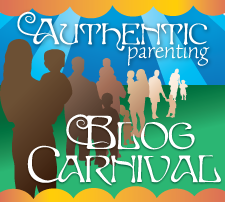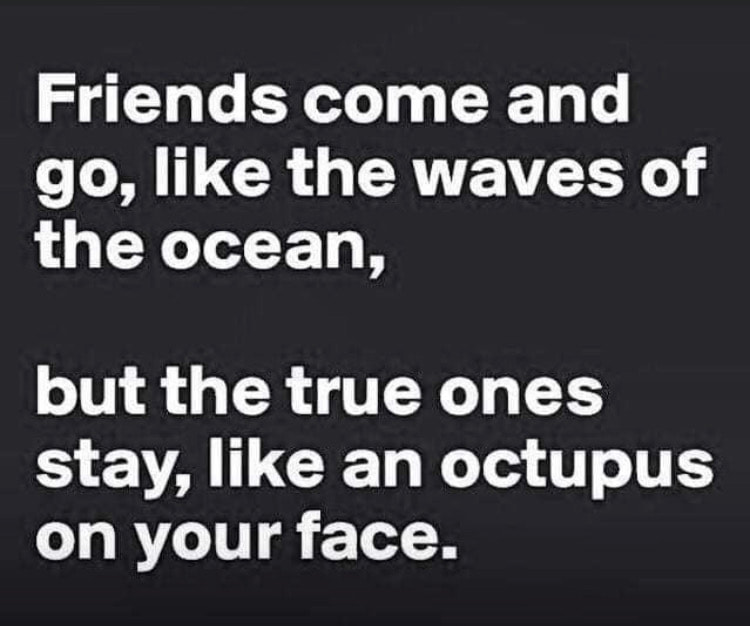|
As we move forward, it is vital that we keep our focus on what kind of world we want to live in. At the heart of what has happened in 2020 is not a statistic, a study, or an expert's opinion. We need to dig deeper than that. I believe we need to get to common principles and a philosophy so we can move forward in a way that honors all of humanity. Believing in this possibility is part of my life philosophy. If you could rewind to March of 2020, or even farther back that that, what would you change? If you could see what will be in the future, what dreams does your heart hold for future generations? If I could go back in time I would want more humility, more listening, more discussion and more embracing of uncertainties and certainties**. It is true that we didn't know what we were facing; but, instead of admitting that, our leaders ramped up fear to paralyzing levels, in order to get people to do what they deemed necessary. What if we had leaders that said things like this, "Right now we're not sure about how deadly this is, how easily it spreads, how it spreads, and who is most at risk. We think it's best to be cautious while we learn more. To that end, we recommend the following (recommendations follow)." And that is what they would have been - recommendations. Recommendations are a lot easier to reverse than mandates. Uncertainty is scary enough. Using models (that later prove to be completely inaccurate) to push fear levels sky high is never helpful. I would argue that it's immoral. Look at the more recent information and compare it to what we were told a few short months ago. NPR published an article on May 28th titled: Antibody Tests Point To Lower death Rate for the Coronavirus Than First Thought. The CDC has lowered it's estimates of the CFR for coronavirus to .4% for symptomatic cases. When you add in asymptomatic cases that number drops even further. But even the CDC numbers are now being fact checked now because it seems people don't want to believe it might not be as bad as we thought! (And might there be some egos involved that don't want to admit that they were wrong? Humility in the beginning allows for humility later on...) The point is: we can argue about numbers all day long - no matter what your source, expert, study is - someone will have a counter source that supports their view. Additionally, there will always be new information, new studies, new statistics. We need to find something more constant to pin our decisions on. Side note: Did you know that there is actually a book called "How To Lie With Statistics"? This description is fascinating: "There is terror in numbers," writes Darrell Huff in How to Lie with Statistics. And nowhere does this terror translate to blind acceptance of authority more than in the slippery world of averages, correlations, graphs, and trends. Huff sought to break through "the daze that follows the collision of statistics with the human mind" with this slim volume, first published in 1954. The book remains relevant as a wake-up call for people unaccustomed to examining the endless flow of numbers pouring from Wall Street, Madison Avenue, and everywhere else someone has an axe to grind, a point to prove, or a product to sell. "The secret language of statistics, so appealing in a fact-minded culture, is employed to sensationalize, inflate, confuse, and oversimplify," warns Huff.") Sounds like an interesting read! So let's forget the numbers for a bit. Instead let's think of questions we might ask ourselves as we reflect on the past few months and try to feel our way forward. Here are a few that come to my mind:
Here is one historical perspective on who controls the narratives and information flow to the public: When thinking about "control" of public perception and reactions, the media is probably one of the most, if not THE most, influential entity. It seems like most people understand on an instinctive level the power of the media. But even though we "know" this is true on an intellectual level, most don't adjust their behaviors by choosing to disengage from the media, thereby weakening its power. (Question for exploration: Who controls the media?) I, myself, was in a state of constant searching in the early days of the lockdown. What was the truth? Were the steps we taking necessary? Were they RIGHT? It took a while for me to realize how much NOT tuning into mainstream news every day influenced my perspective. I have never watched mainstream news. I never liked it, never was drawn to it. I used to feel guilty about it, because I thought I was not being a "responsible citizen". Now I see that the opposite is true! How much more helpful for me to not get sucked into that vortex of fear and manipulation. So how do we find sources of information that we trust? That is not a simple question to answer. I have actually become way more informed because of social media. I find people to follow that I trust. Why do I trust them? Because over time they prove themselves to be trustworthy. Some of the people I most admire from these past 2 months are those who actually changed their mind. I have seen people - scientists and friends - change their tune when faced with new information. One thing you can be certain of: any mainstream media has a huge bias - whether they lean "left" or "right" - they have agendas and forces outside of "seeking the truth" that influence them. When thinking about this idea of finding "truth" and knowing what is going on in the wider world, consider the following article (click on the picture, it links to the actual article): None of those photos are of actual, real, in-the-flesh people. They are computer created. There are already tens of thousands of "Deepfake" videos online. Soon, we will not know if a video or picture is real or computer created. This seems scary. It's already so difficult to discern what is true and what is not! But in actuality it may be freeing. How can that be? Consider the following sentiment that seemed to resonant with many people: A friend shared the above sentiment. I think it is missing the mark. Being "plugged in" will not lead to us being present and connected. When we constantly seek to know "exactly what is going on" we can never be truly present. Because what we need to be connected to is right in front of us: Our families, our daily lives, our work, our purpose. None of those things change, regardless of what is going on out in the wider world. What kind of world do I want? I want a world where people are encouraged to ask hard questions and have tough conversations with each other. Where we may not agree 100% with our neighbor, but we love and respect them anyways. Actually, scratch that - "anyways" - instead make that, we love and respect them ALWAYS. I want a world where information truly is just that - information. What we do with that information will be up to each individual and family. I want a world where I can smile at a stranger in the grocery store and they see my whole face, even if they choose differently than me. I want a world where people are not shamed for making a different choice. I want a world where children hug and roughhouse and play together, not because they are "allowed" to but because that is what they are meant to do. I want a world where I get to decide what's important to me and my family and you get to decide for yours.
In the beginning of this post I said I wanted more embracing of uncertainties and CERTAINTIES. "But what is certain in this uncertain world?" you ask. I want a world where people realize the one thing for **CERTAIN** is that we are ALL going to die one day and that the only thing we really have is HOW we live TODAY. What kind of world do you want?
0 Comments
|
Susan MayWife, mom, information and peace seeker. Categories
All
Archives
November 2023
|
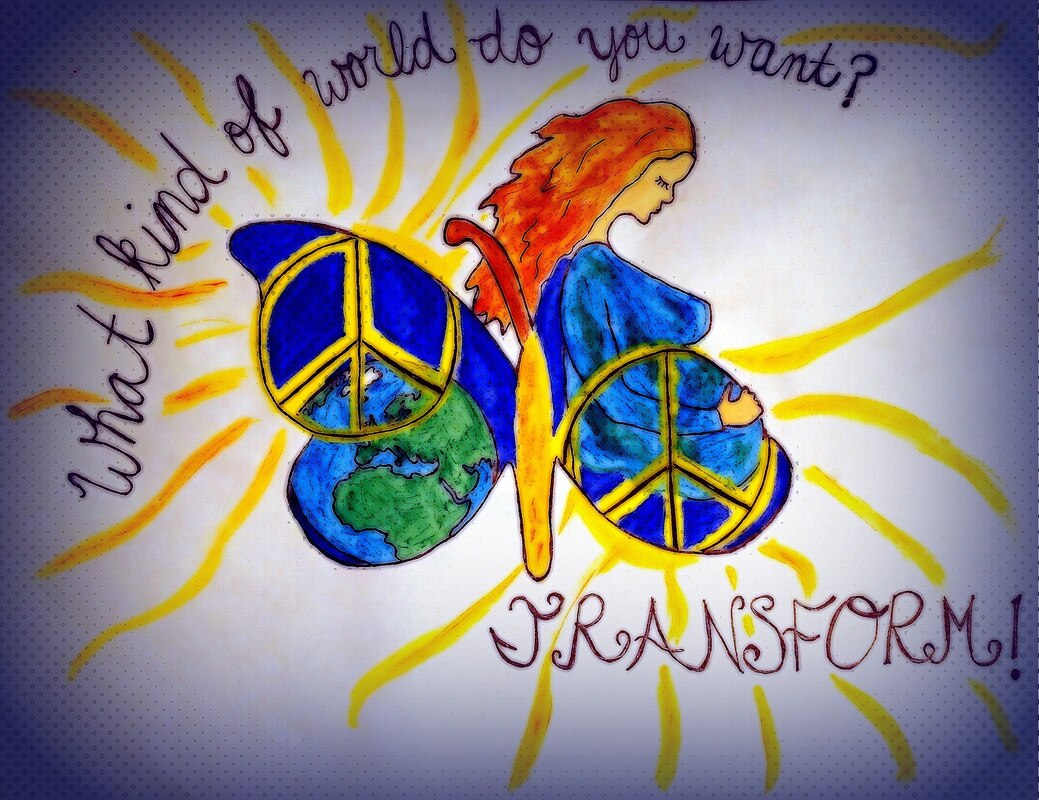
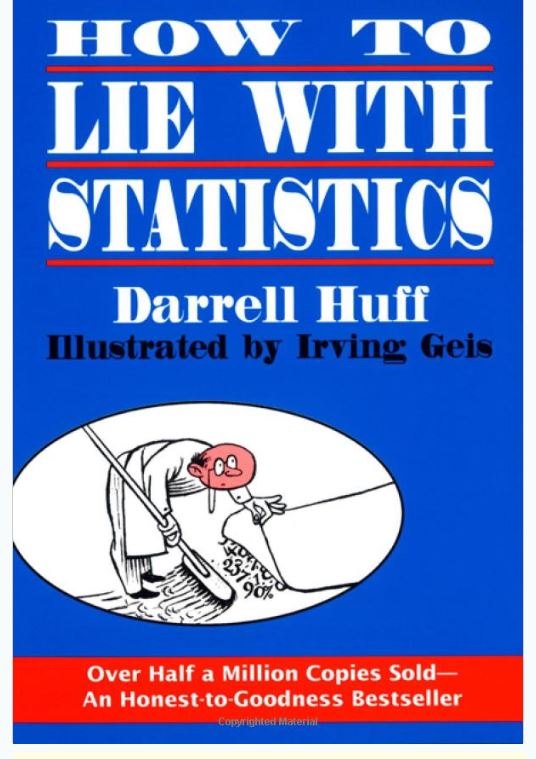
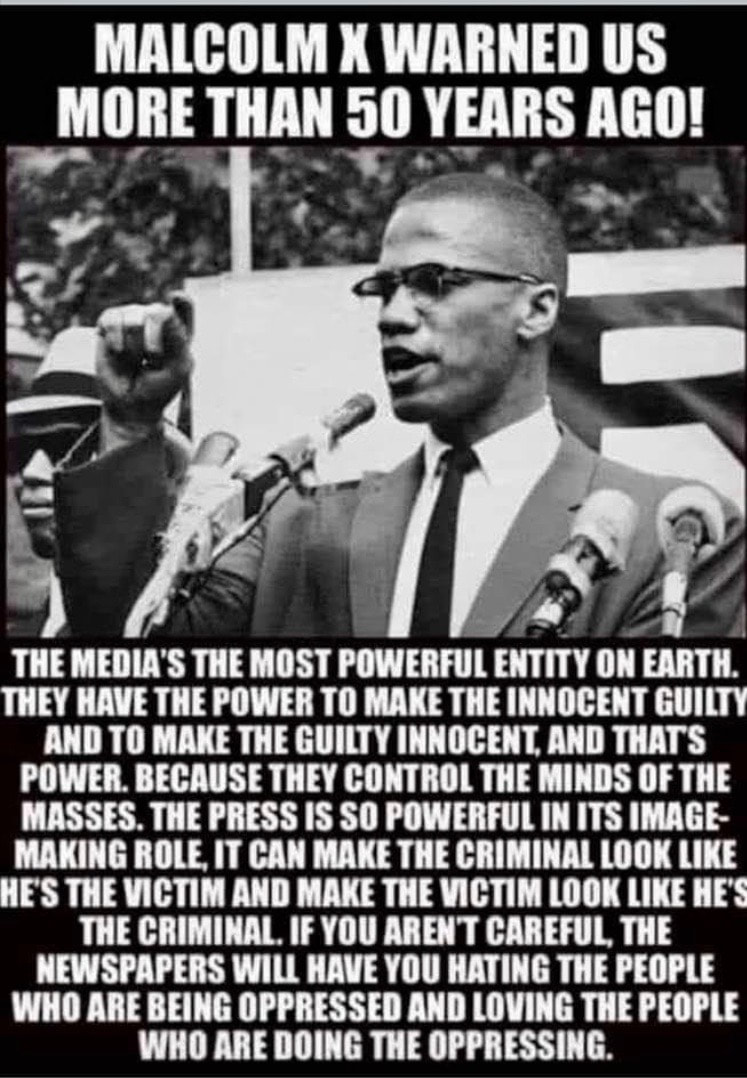
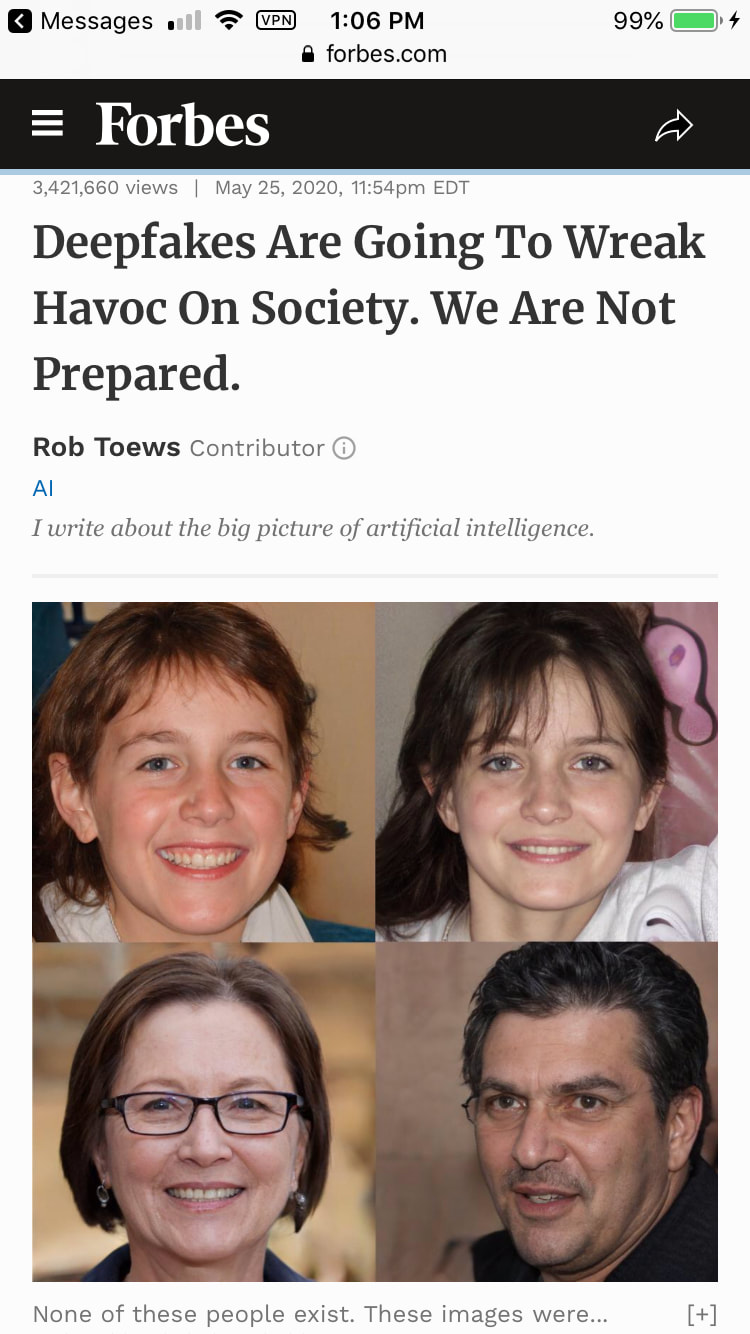
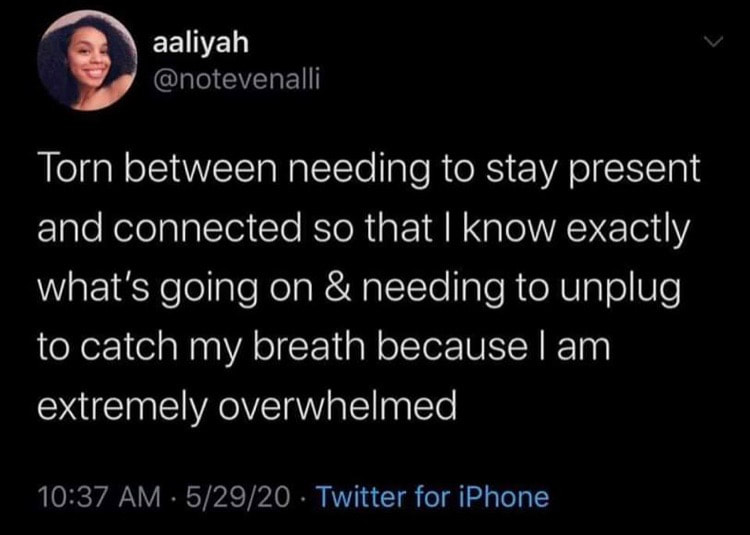
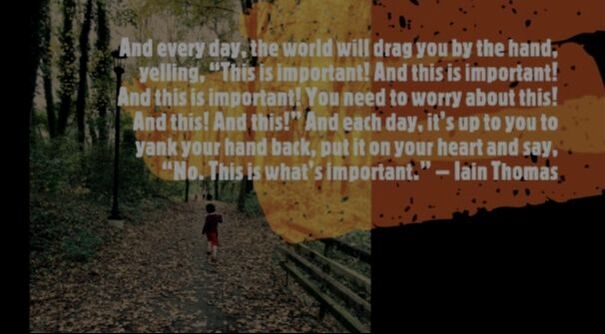
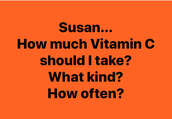
 RSS Feed
RSS Feed
